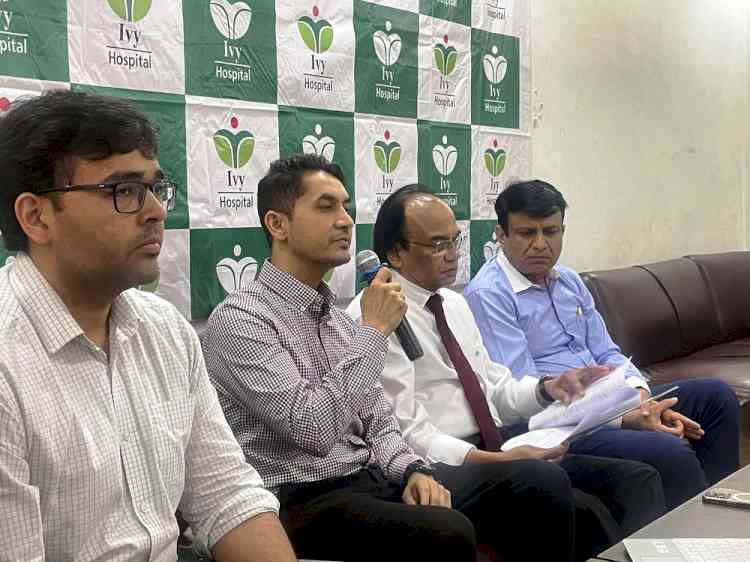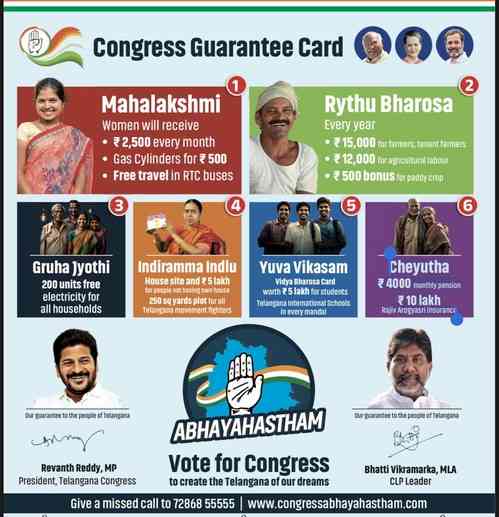OPINION- Food Security Bill or …..?

Since the 1950s, India has taken major steps in agricultural production as evidenced by the large government-held stocks of wheat and rice and Punjab state playing a major role for keeping the food basket to its full capacity.
“Food for all”, one of the major agenda of Congress election manifesto in 2009, despite strong political opposition, the ordinance issued by the Government on Wednesday has been stamped by the President on the Food Security Bill, to give nation’s two-third population the right to get 5 Kgs of foodgrain every month month at highly subsidised rates of Rs.1-3 per Kg.
The Food Security programme when implemented will be the biggest in the world with the government spending estimated at Rs.1,25,000 crore annually on supply of about 62 million tonnes of rice, wheat and coarse cereals to 67 per cent of the population.
While the opposition parties have opposed the government bringing the ordinance, accusing it of bypassing Parliament which is due to meet in a few weeks and acting in a hurry with an eye on Lok Sabha elections due in 2014, the government rejected the charge with a view to provide food security to crores. In fact, the opposition had been disrupting the proceedings of the Parliament sessions and now opposing is like shedding ‘crocodile tears’ over parliamentary propriety.
Whatever intention may behind the introduction of Food Security Bill, there are two major hurdles; first, identifying the proposed beneficiaries; the other is assuring the supply of food grains.
Although the FSB entitles 67% of India’s households to subsidised foodgrains, it does not throw much light on how these households will be identified. The welfare benefits intended in the FSB can only be realised if all poor households are correctly identified and receive access to subsidised food.
Checking leakages and diversion of foodgrain has been a challenge for the successful implementation of the public distribution system (PDS) as the Planning Commission has already admitted that there are estimated 45-45 per cent leakages in the current PDS.
PDS is an Indian food security system, established by the Government of India under Ministry of Consumer Affairs, Food and Public Distribution and managed jointly with state governments in India. Strengthening the public distribution system was at the core of successfully implementing the proposed food security legislation.
Strengthening of the PDS, would only serve the purpose of ensuring food security for the nation through stabilising prices, production and consumption.
Unlike the PDS, cash transfers cannot counter the resultant shortages and price rise. In a growing economy like India with constantly increasing demand, the government needs to intervene on both the demand and supply sides to ensure food security for all its citizens.
For identifying purpose, the government can depend upon the Aadhar platform and link the income status alongwith biometric and demographic information in the Aadhar database. In states where Aadhar is lagging significantly behind, the identification of income status can be done in conjunction with the Aadhar enrollment.
Moreover, transferring subsidies through the Aadhar-enabled bank account of beneficiaries will also ensure that cash benefits/subsidies reach the intended recipients.
Using Aadhar as an identity proof at the point of sale of foodgrains will also reduce leakages through duplicates and ghost accounts.
But the concept of providing highly subsidised food grains two-third of our population is flawed on many counts.
Firstly, it is the taxpayers who pay for the subsidies like cheap atta-dal or free power, not the government nor the politicians who, in fact, benefit the most from such schemes.
Secondly, let us take a look at the condition of the so-called poor? A section of street-vendors, rickshaw-pullers and daily wager-earners have a mobile phone. Are they poor? There are number of such examples.
Thirdly, do these poor really deserve concessions? Our maid has four children and she is still pregnant. Her drunkard rickshaw-puller husband earns enough, but wastes his daily income on liquor. Why should taxpayers pay for their follies?
Lastly, will not the Bill hit our self-esteem and dignity, as it claims that two-third our population needs cheap food grains to survive? Aren’t we sending a wrong signal to the world?
Only the time will tell, as to whether Food Security Bill is Food Sorry Bill or not?
(Disclaimer: The views expressed by the author in this article are his own and do not necessarily reflect the views of City Air News.)

 cityairnews
cityairnews 
















